At a highly anticipated press conference during the NATO summit in The Hague, US President Donald Trump denied that he discussed a ceasefire in Ukraine during his meeting with Ukrainian President Volodymyr Zelensky. His comments directly contradict Zelensky’s own characterization of the bilateral conversation, further deepening uncertainty about the direction of US policy on the war in Ukraine and raising questions about Trump’s strategic intentions.
The meeting between Trump and Zelensky, held on the sidelines of the summit, was initially portrayed by the Ukrainian president as “long and substantive,” with specific reference to discussions about achieving “a real peace” in the ongoing conflict with Russia. Zelensky emphasized the importance of international support and claimed both leaders had explored steps toward a negotiated settlement.
But speaking to reporters on June 25, Trump dismissed that version of events. “No, no, I just… wanted to know how he’s doing,” Trump said, appearing to downplay the substance of the encounter. This brief remark marked a stark contrast to Zelensky’s detailed summary, suggesting either a miscommunication or a deliberate obfuscation of what was truly discussed behind closed doors.
Adding further intrigue, Trump indicated his intention to speak with Russian President Vladimir Putin in a separate effort to “bring the conflict to an end.” However, he provided no timeline or specifics on what such a conversation might entail, nor whether any preconditions would be set.
When asked about his past claim that he could end the war within 24 hours, Trump appeared to walk back the bold statement. “That was sarcastic,” he said, though he also reiterated that a peace deal remained his goal. Acknowledging the complexity of the conflict, he added that Putin had proven to be “more difficult” than anticipated and even conceded, “I’ve had some problems with Zelensky too.”
Trump’s public skepticism toward Ukraine’s leadership and his continued emphasis on peace negotiations stand in contrast to the broader posture of NATO. Most alliance members have emphasized military support for Kyiv, arguing that battlefield success is essential to bring Russia to the negotiating table on favorable terms. At the summit, NATO countries pledged an additional $5 billion in military aid to Ukraine. When asked if the US would contribute to this package, Trump avoided a direct answer, simply restating that “the conflict must end.”
In a separate exchange with a BBC Ukraine journalist, Trump was pressed about whether Washington would sell Patriot missile defense systems to Ukraine. The former president responded cautiously. “They’re very hard to get,” he said, noting that the US needs the systems for its own national defense and is currently supplying them to Israel. “We’ll see if we can make some available,” he added.
Since returning to the presidency in January, Trump has taken a markedly different approach to the Ukraine conflict than his predecessor, Joe Biden. Where Biden emphasized an unyielding commitment to Kyiv and consistently framed the war as a battle between democracy and autocracy, Trump has positioned himself as a dealmaker eager to end the war through diplomacy. His critics, however, argue that his posture may embolden Moscow and weaken Ukraine’s bargaining position.
Earlier this week, Trump made headlines for suggesting that the West should “rethink” its strategy toward Russia. In his view, continued military escalation could backfire. He has repeatedly questioned the long-term value of pouring billions of dollars into a war that, in his words, “has no end in sight.” While many of his supporters agree with this sentiment, NATO leaders have expressed concern that such rhetoric could fracture alliance unity.
Moscow, for its part, has said it is open to negotiations “without preconditions,” a position that may appeal to Trump’s vision of a fast-tracked peace settlement. However, the Kremlin has insisted that any enduring agreement must reflect the “current battlefield realities” – a reference to Russia’s occupation of substantial Ukrainian territory – and Ukraine’s future neutrality, which Kyiv staunchly opposes.
In Ukraine, Trump’s recent comments have generated confusion and anxiety. Officials in Zelensky’s office appeared blindsided by the president’s denial of ceasefire talks. While they stopped short of publicly accusing Trump of misrepresenting the meeting, an unnamed Ukrainian diplomat speaking to local media said the country is now “reevaluating” its assumptions about Trump’s willingness to support Ukraine in the long run.
This diplomatic disconnect could have serious consequences. With the US being Ukraine’s largest single provider of military aid, any shift in Washington’s stance could significantly affect Kyiv’s ability to resist Russian advances. Trump’s emphasis on ending the war quickly, even if it means negotiating from a position of weakness, could alienate allies and encourage Moscow to prolong the conflict until more favorable conditions arise.
Yet Trump remains consistent in his narrative: America first, and no more “endless wars.” Whether this translates into a durable diplomatic strategy or an erosion of US leadership in Europe remains to be seen. His critics argue that without a clearly defined peace plan, his talk of ceasefires and deals is merely political theater. Supporters, however, contend that a change in tone and approach is precisely what the conflict needs after years of stalemate.
As the NATO summit draws to a close, the conflicting messages from Washington and Kyiv reflect broader tensions in the alliance about how best to resolve the war in Ukraine. Trump’s denial of ceasefire talks with Zelensky may seem like a minor diplomatic episode, but it underscores a deeper, more troubling question: is the United States still committed to Ukraine’s long-term security, or is it preparing to cut a deal with Moscow behind closed doors?
For now, President Trump insists he is focused on peace. But without clarity, consistency, or commitment to shared goals with allies, the path to that peace remains as uncertain as ever.
Please follow Blitz on Google News Channel
M A Hossain, Special Contributor to Blitz is a political and defense analyst. He regularly writes for local and international newspapers.
trump-denies-ukraine-ceasefire-talks-contradicting-zelensky-at-nato-summit

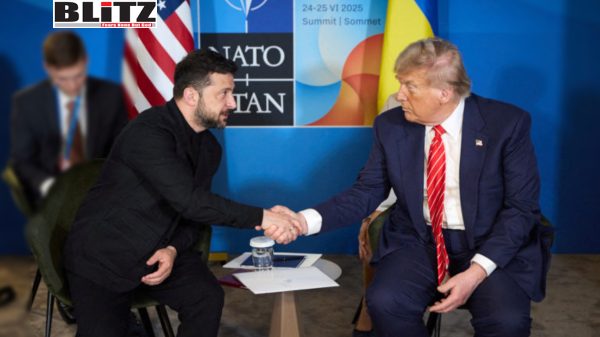

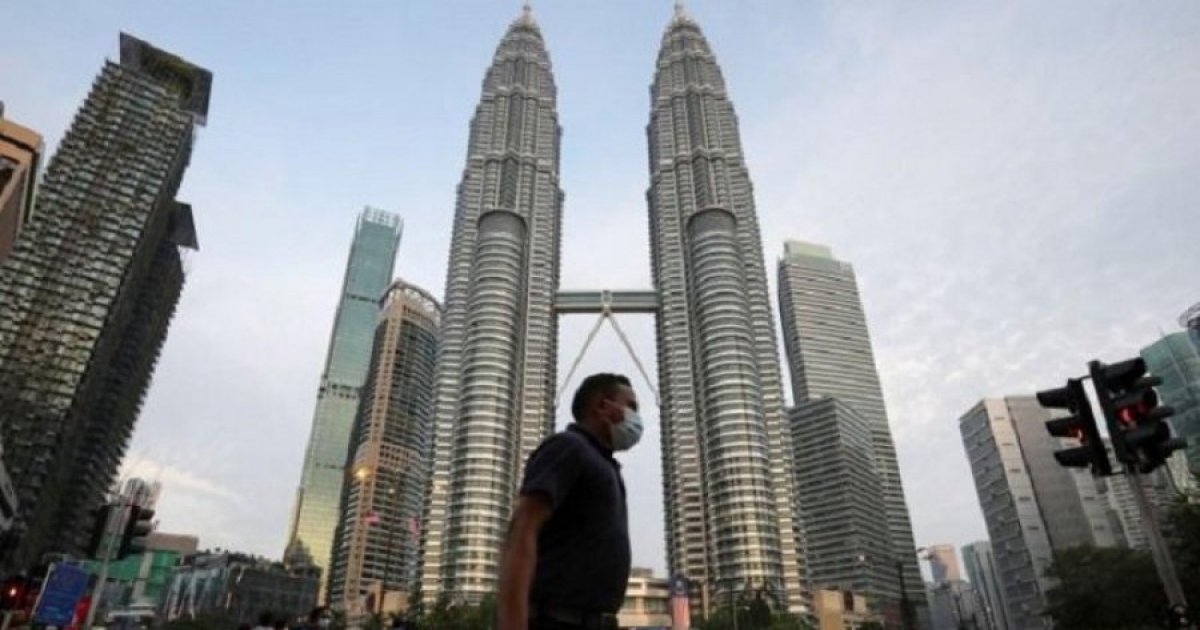
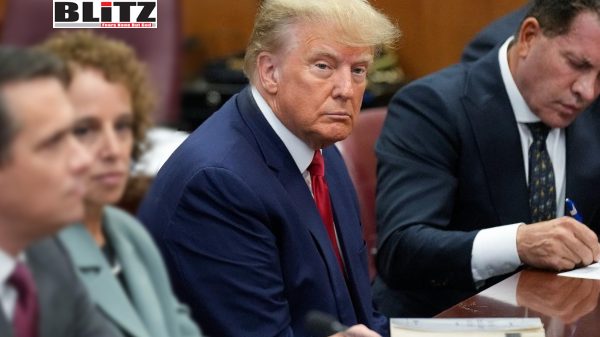
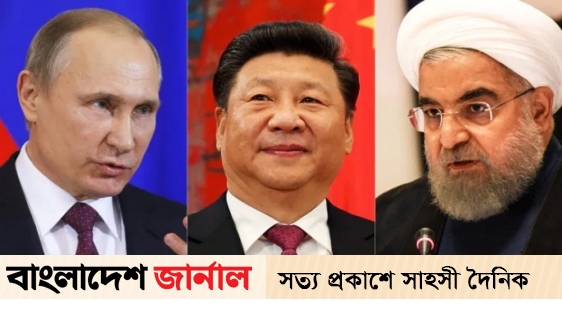







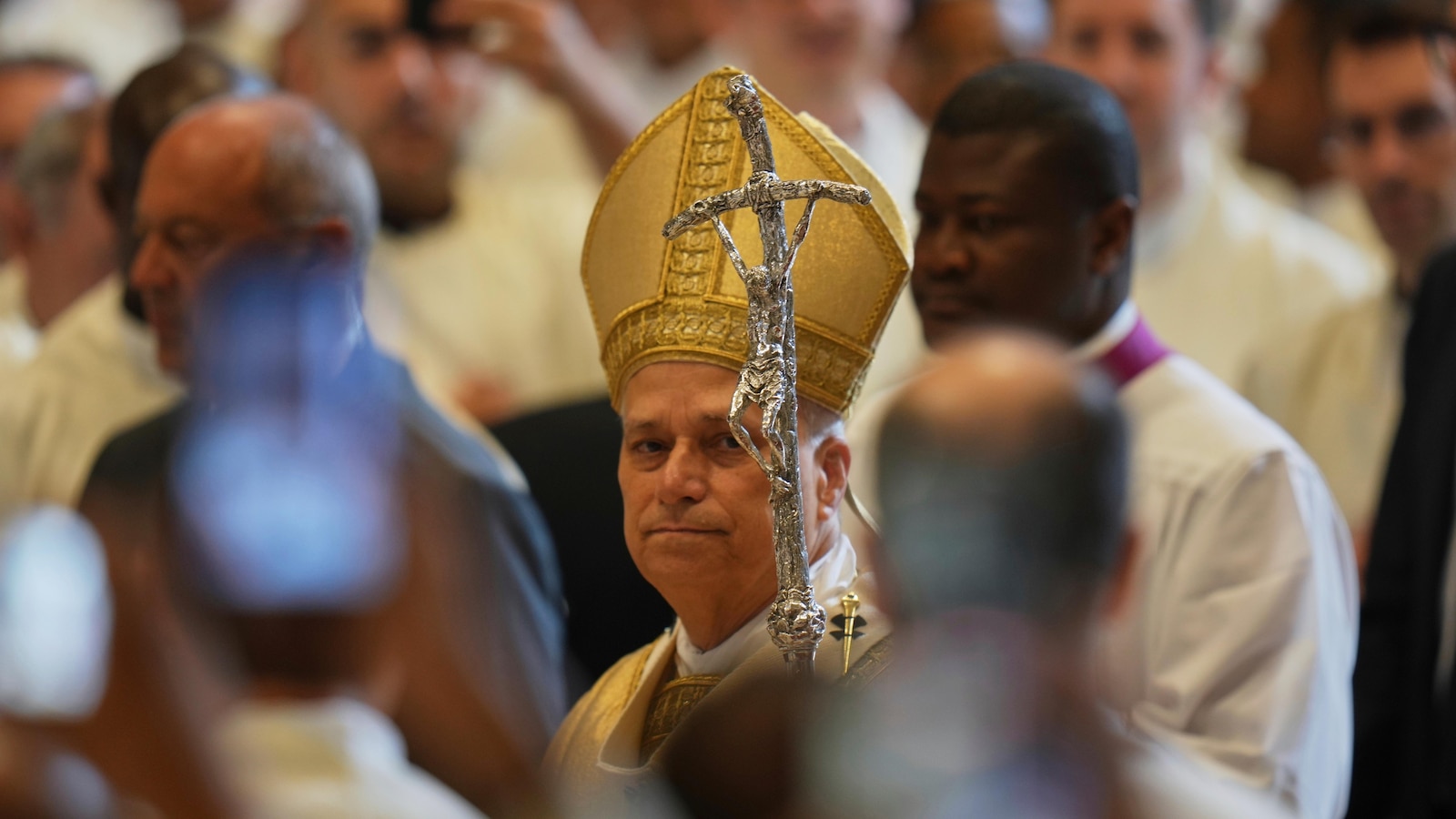

Leave a Reply